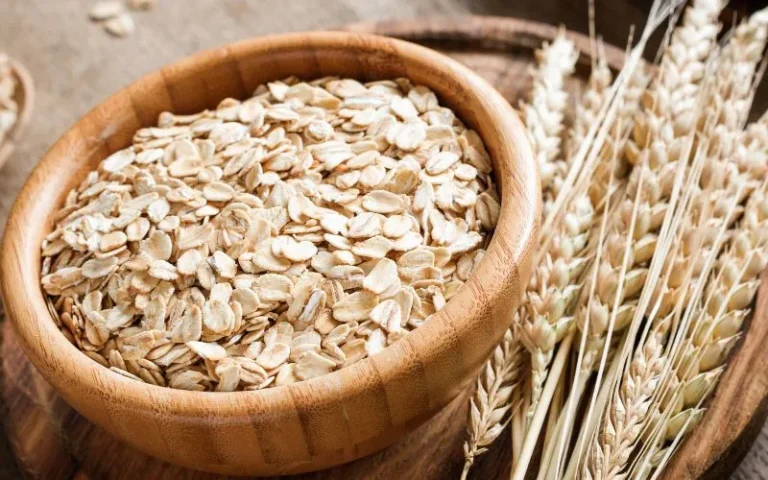In recent years, the bone broth diet has gained popularity. Bone broth is a tasty, nutrient-rich liquid prepared by slowly simmering animal bones and connective tissues. It is the cornerstone of this dietary strategy. This age-old practice has returned to our kitchens and hearts because it has a rich history and offers several external and internal health benefits.
Collagen plays a major role in bone broth’s rich composition, giving it magical properties. Together with several other necessary nutrients, this protein is essential for maintaining the integrity of our digestive systems and the flexibility of our joints, among many different bodily functions. The bone broth diet, however, encourages re-establishing a more conventional eating pattern that honors the nutritious abundance of the entire animal, not just a means of consuming broth.
What is the Bone Broth Diet?
The bone broth diet combines the principles of intermittent fasting with the consumption of bone broth. Unlike other diets that focus solely on restriction, this diet emphasizes nourishment. It supports the intake of whole, nutrient-dense foods alongside bone broth, setting it apart from conventional weight loss diets.
Nutritional Profile of Bone Broth
Bone broth is rich in collagen, proteins, minerals, and vitamins, making it a powerhouse of nutrition, just like krill meat. It contains amino acids and gelatin, which play vital roles in the body, from supporting joint health to improving gut integrity.
Top 7 Surprising Benefits of the Bone Broth Diet
This ancient mixture offers a nutritional powerhouse that can significantly impact your health and well-being. Here are the top 7 surprising benefits that make the bone broth diet a compelling choice for those seeking to enhance their health journey:
- Weight Loss and Metabolism
- Gut Health and Digestion
- Detoxification and Inflammation
- Joint Health
- Skin, Hair, and Nails
- Immune System Support
- Energy Levels and Sleep Quality
Weight Loss and Metabolism
Adopting the bone broth diet can lead to significant weight loss. The high protein content aids in satiety, reducing overall calorie intake. Furthermore, the nutrients found in bone broth can help boost metabolism, facilitating more efficient fat-burning.
Gut Health and Digestion
The gelatin in bone broth is known for its gut-healing properties. It can help strengthen the intestinal lining, promoting better digestion and absorption of nutrients, which is essential for overall gut health.
Detoxification and Inflammation
Regular bone broth consumption supports the body’s detoxification processes thanks to its amino acid content. It also has anti-inflammatory properties, which can alleviate chronic inflammation, a root cause of many diseases.
Joint Health
The collagen and other compounds in bone broth support joint health by promoting cartilage regeneration and reducing joint pain and stiffness.
Skin, Hair, and Nails
Collagen is also beneficial for the skin, hair, and nails. It can improve skin elasticity, reduce wrinkles, and strengthen hair and nails, contributing to a youthful appearance.
Immune System Support
The vitamins and minerals in bone broth, such as zinc and selenium, play crucial roles in strengthening the immune system, making the body more resilient against infections.
Energy Levels and Sleep Quality
People on the bone broth diet often report higher energy levels and improved sleep quality. The nutrients in bone broth, particularly amino acids like glycine, are thought to contribute to these effects.
Incorporating the Bone Broth Diet into Your Life
Including the bone broth diet in your life can be both a nourishing and transformative experience. It’s not just about drinking broth; it’s about integrating nutrient-rich, whole foods that support your body’s natural healing processes. Following are practical ways to make bone broth a staple in your daily diet:
- Begin Basic: Start by switching up one of your regular tea or coffee cups for a warm cup of bone broth. With this easy change, your taste receptors will gradually become accustomed to the savory flavor.
- Recipes for DIY Bone Broth: Try preparing bone broth at home. Use bones from beef, poultry, or fish cooked with carrots, onions, and celery for flavor and a nutrition boost. To extract more minerals from the bones, try combining a variety of bones or even just a few teaspoons of apple cider vinegar.
- Meal Planning: Plan your meals around bone broth. For instance, bone broth can be used as a base for soups, stews, and sauces. It can also be used to cook grains or as a liquid for braising vegetables and meats.
- Intermittent Fasting: The bone broth diet often incorporates intermittent fasting. On fasting days, consuming bone broth can help keep hunger at bay while providing your body with essential nutrients.
Common Misconceptions and Challenges
While the bone broth diet is beneficial, it has misconceptions and challenges. Some of them are as follows:
- Misconception: Bone Broth is a Magic Cure: While bone broth is nutritious, it’s important to maintain realistic expectations. It complements a balanced diet and lifestyle, not a standalone cure for diseases.
- Challenge: Time and Effort: Making bone broth from scratch requires time and effort, which can be a barrier for some. However, this challenge can be mitigated by preparing large batches and storing them in the freezer for future use.
- Misconception: Expensive to Follow: Some believe that following a bone broth diet can be expensive due to the cost of high-quality bones and organic vegetables. However, you can use leftover bones from meals or purchase them cheaply from butchers to make it more affordable.
Conclusion
The bone broth diet offers numerous benefits, from weight loss and improved metabolism to better gut health and reduced inflammation. By incorporating bone broth into their diets, individuals can enjoy a variety of health improvements. However, it’s important to approach this diet with a balanced perspective and consult a physician to ensure it’s the right choice for one’s health needs.











